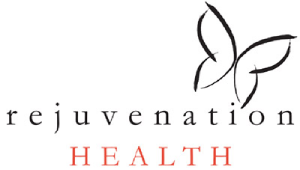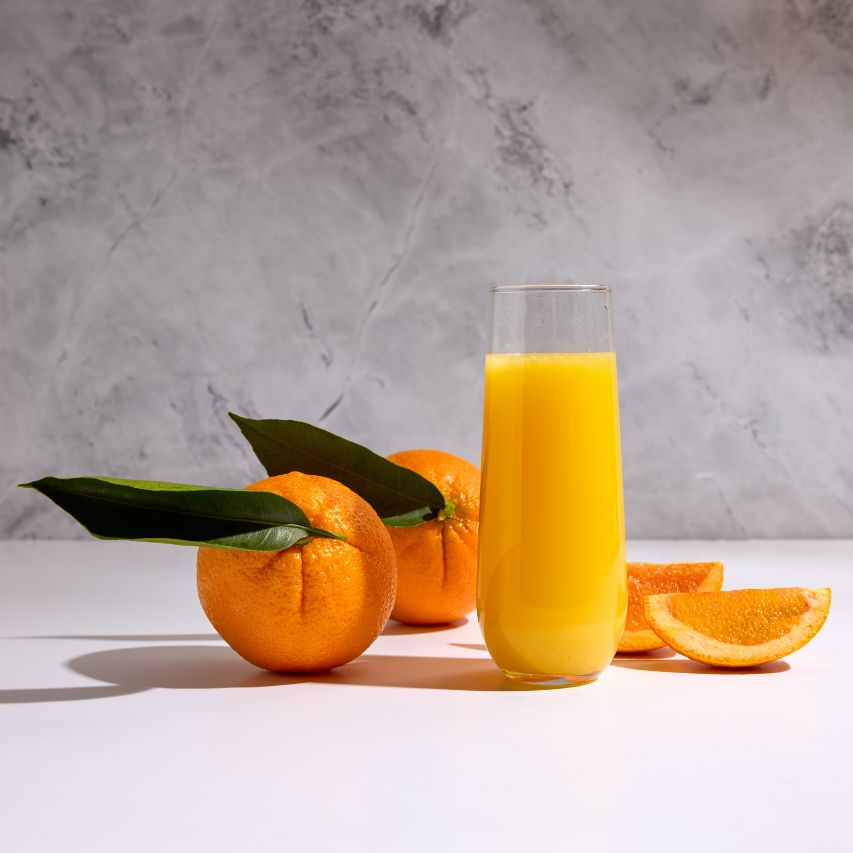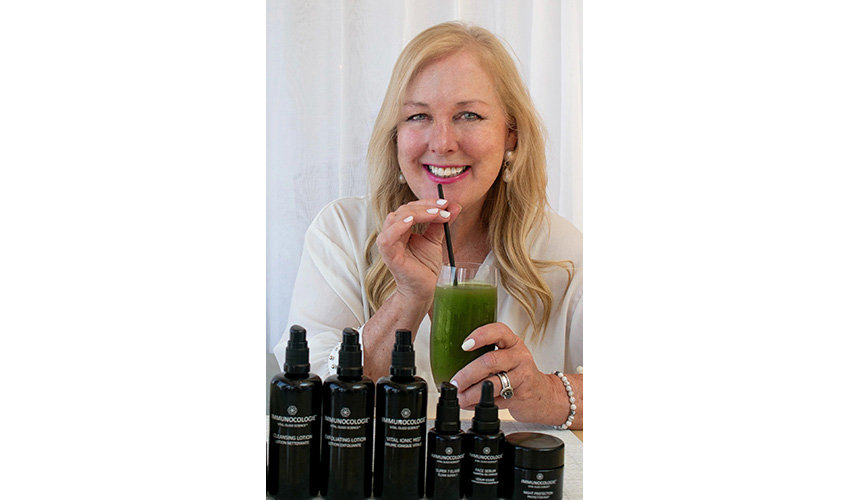Orange juice is high in fiber, vitamin C, calcium, and antioxidants, which are all great for your health. But like other fruit drinks, orange juice is also high in sugar and acidic content — both of which are not good for your oral health. In fact, orange juice can reduce the hardness of your tooth enamel by up to 84%.
In other words… frequently drinking orange juice is not good for your teeth.
Can orange juice cause cavities? Yes, orange juice can contribute to cavities because it is high in sugar content and very acidic. Fresh-squeezed orange juice is better than processed OJ, but it is still acidic and sugary.
Sugar leads to tooth decay, and acidic foods erode your dental enamel. Juices should be consumed with caution when trying to maintain good dental care.
Read more: Nutrition & Your Oral Health
Looking for a highly-qualified dentist to consult about your dental health needs? Rejuvenation Dentistry uses science-based holistic methods to treat all sorts of oral and overall health issues. Schedule your appointment today!
Why is juice considered a sugary drink?
Juice is considered a sugary drink because it is high in sugar content. Most juices contain as much sugar as sugary sodas, if not more.
Sugar content in these 16 oz drinks:
- Lemon juice — 11 g
- Grapefruit juice — 42 g
- Orange juice — 37 g
- Coca-Cola — 39 g
- Apple juice — 44 g
- Dr. Pepper — 54 g
- Pepsi — 56 g
- Mountain Dew — 58 g
- Grape juice — 65 g
Because fruit juices are high in sugar, they can contribute to tooth decay. A glass of orange juice is no different.
It is worth remembering that whole fruit has a lower concentration of sugar content than fruit juice. Natural fruit contains fibers that counteract some sugar absorption, whereas citrus juice drinks typically reduce fiber content and add sugar.
Sugar & Tooth Decay
Sugar leads to tooth decay. Here’s how:
- Dental plaque forms on the surface of your teeth from harmful bacteria already in your mouth and food debris left from previous meals.
- If you don’t brush your teeth often enough or efficiently enough, this dental plaque lingers on your teeth.
- When you consume carbs like sugar or starch, the dental plaque feeds on those carbs. When plaque buildup consumes carbs such as sugar, it excretes a highly acidic waste product.
- This acidic content wears away at your tooth structure, eventually forming cavities in your teeth (also called tooth decay).
To put it shortly, sugar feeds the bad bacteria on your teeth, and the bacteria excretes acids which cause decay in your tooth structure. Sugar is bad for your teeth — especially added sugar.
100% Juice vs. Juice Drinks
Some experts point out that added sugars are worse for your teeth than natural sugars, such as fructose. Others argue that 100% juice is better for you than juice cocktails.
A recent scientific review concluded that 100% fruit juices did not contribute to tooth decay in children but may contribute to tooth decay in adults.
It’s worth noting that this review was conceptualized and funded by the Juice Products Association. They have a vested interested in not calling fruit juice bad, which is why this research should be taken with a grain of salt.
Moreover, added sugars may be worse for you, but excessive natural sugars still contribute to dental erosion and tooth decay.
Acidic Foods Aren’t Great for Teeth
Eating acidic food directly erodes and softens your dental enamel. Fruit juices like orange juice are both high in sugar and citric acid.
Whereas sugar feeds dental bacteria which excrete acid resulting in tooth decay, acidic foods skip the middleman and directly cause cavities, as well as enamel abrasion. Dental enamel abrasion leads to tooth sensitivity and less protection against tooth decay.
Steer clear of these acidic drinks and foods if you want to avoid tooth decay and enamel abrasion:
- Orange juice (approximate pH level of 3.6)
- Lemon juice (pH of 2.0)
- Grapefruit juice (pH of 3.0)
- Apple juice (pH of 3.5)
- Grape juice (pH of 3.3)
- Coca-Cola (pH of 2.7)
- Dr. Pepper (pH of 2.9)
- Pepsi (pH of 2.5)
- Mountain Dew (pH of 3.2)
- Energy drinks
- Sports drinks
- Fermented vegetables
- Certain dairy products
- Certain fish
- Red wine
- Beer
- Grains
- Sugar
(Neutral pH is 7. The lower the pH, the higher the acidity.)
Can you brush your teeth right after drinking orange juice? No, you should not brush your teeth right after drinking juices. You’d be rubbing acidic residue directly into your teeth, eroding your tooth enamel and causing tooth sensitivity. Instead, rinse your mouth out with water after drinking juice.
Best Practices for Oral Health While Drinking Juice
How can I eat oranges without damaging my teeth? If you still want to enjoy juice and eat oranges, there are best practices to maintain oral health:
- Do not brush your teeth immediately after drinking juice or consuming other sugary or acidic foods or beverages. You may be rubbing acids directly into your teeth and accelerating dental enamel abrasion or even tooth decay. Use toothbrush and floss before drinking or after rinsing out your mouth.
- Don’t drink acidic drinks like orange juice over a long period of time. The more you “sip,” the longer the acid has time to break down your tooth enamel. Drinking a glass of orange juice over 15-20 minutes is better than drinking the same amount over 90 minutes.
- Rinse your mouth out with water after drinking fruit juices like orange juice. This gets rid of acidic residue that could linger on your teeth and wear at your enamel. Then you can resume your dental hygiene routine. (But be cautious about how quickly you brush after — give your teeth about 30-45 minutes to rest after you rinse with water before brushing normally.)
- Balance out your diet. Enjoy fruit juice sometimes, but drink plenty of water other times.
- Avoid other foods that are bad for your teeth, if you want to drink juice. Eat more teeth-healthy foods instead. You might opt for sugar-free drinks, but remember that artificial sweeteners may still contribute to acid attacks on your teeth.
- What is the healthiest juice for teeth? The healthiest juice for your teeth is probably veggie juice, especially a juice derived from dark leafy green vegetables.
- Be aware of your whole body health. If you struggle with low pH in your mouth or body, you may need to reduce your juice consumption.
- Consider dental probiotics to restore beneficial bacteria in your oral microbiome.
- Remember your twice-yearly dental visits for your regular teeth cleaning and check-up. Dental professionals can spot signs of tooth decay, dental abrasion, and other oral health problems before they get worse.
Schedule your appointment with Rejuvenation Dentistry in Manhattan or East Hampton. We utilize minimally-invasive biological treatments which respect your whole body health.




